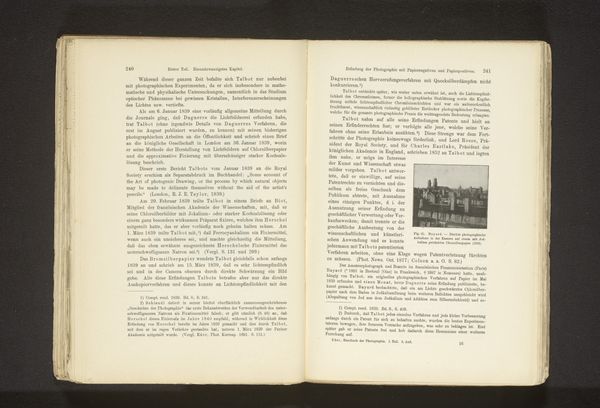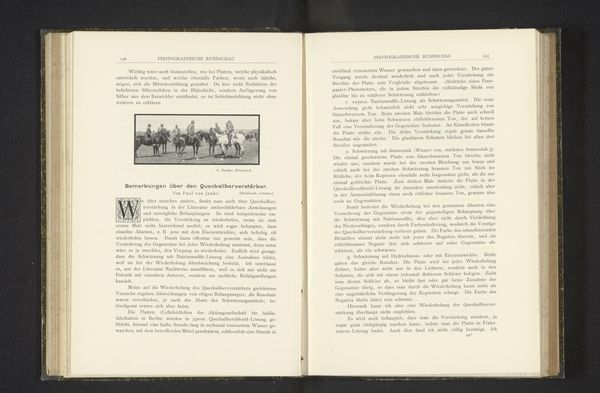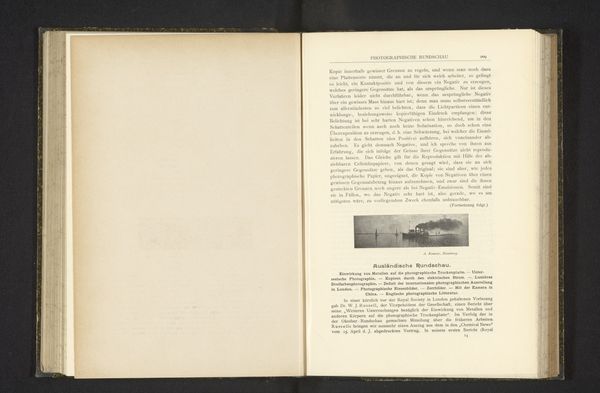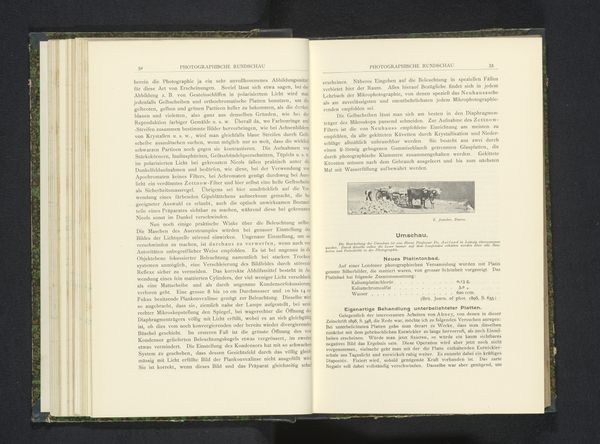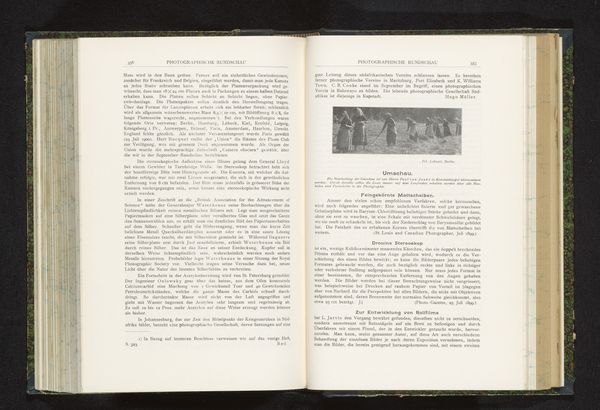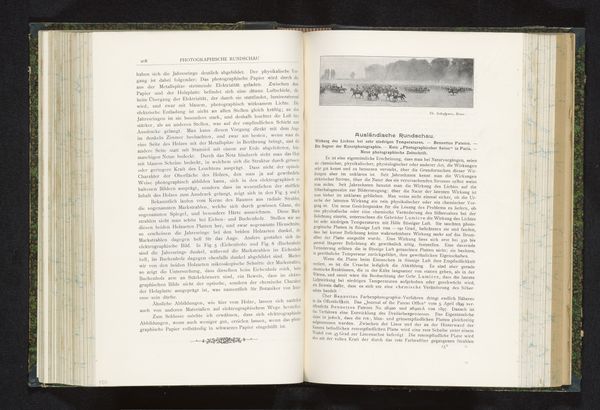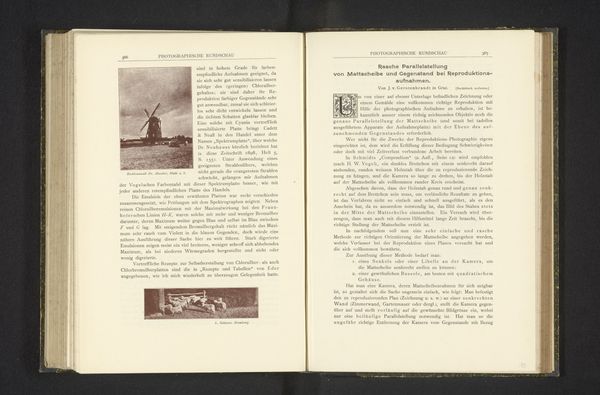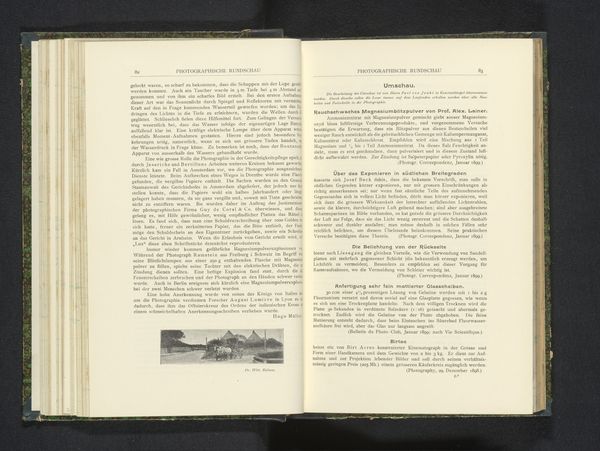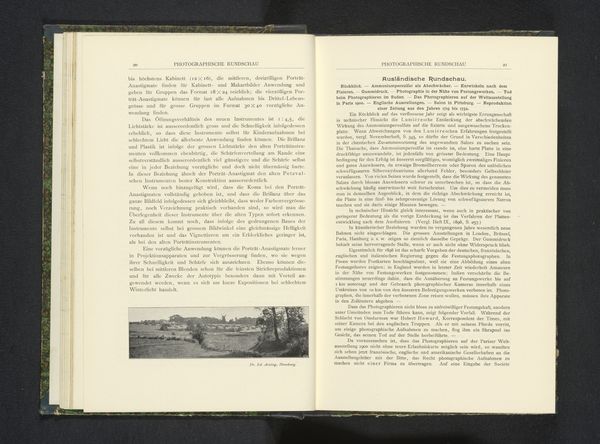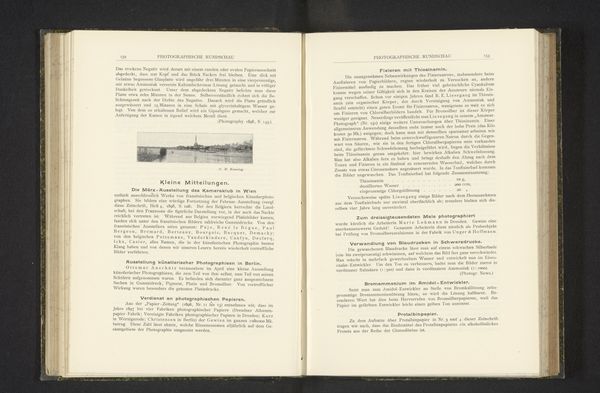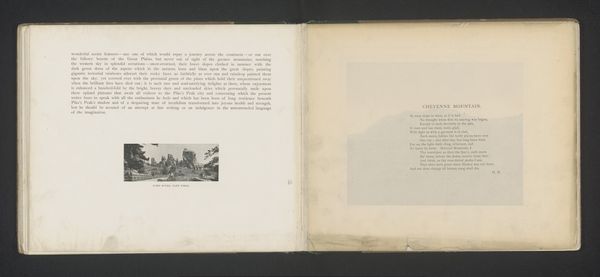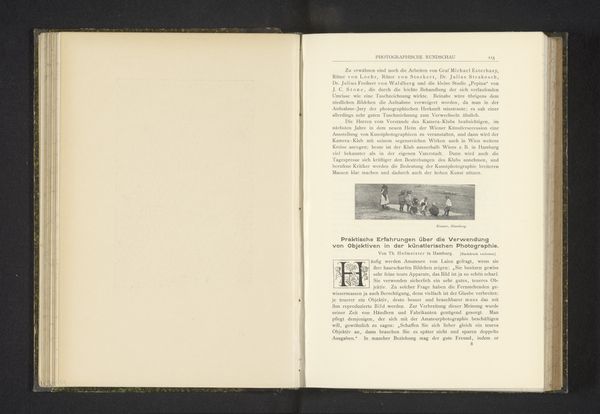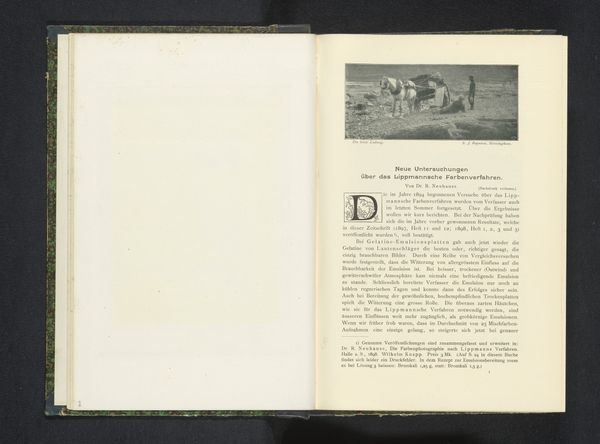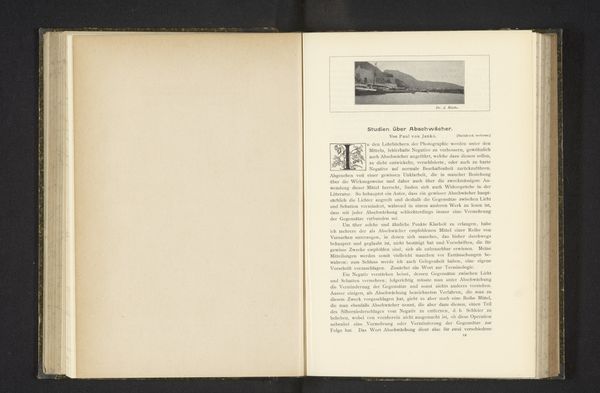
print, photography, gelatin-silver-print
#
still-life-photography
# print
#
dog
#
photography
#
gelatin-silver-print
Dimensions: height 42 mm, width 155 mm
Copyright: Rijks Museum: Open Domain
Editor: Here we have Nicola Perscheid’s gelatin silver print, "Gezicht op twee honden met vier jonge honden," dating to before 1902. The composition is horizontal, quite formal. What’s your take on it? Curator: It's a compelling glimpse into the constructed nature of early photography. Consider the societal norms of the time: class divisions were stark, and the display of domestic tranquility – even staged with dogs – served as a potent symbol of bourgeois aspirations. Do you think this reflects the social roles that dogs were starting to embody, not merely as working animals, but as extensions of the family, reflecting the family’s status? Editor: That's interesting. I hadn’t thought of the photograph as a reflection of social status. Curator: Perscheid's work also pushes us to question who is included, and perhaps more importantly, who is excluded from this narrative of domesticity. What about marginalized communities? How are their stories, their animals, represented or erased through the lens of early photography? Consider how photographic technology itself was often in the hands of the privileged, further shaping whose perspectives were captured and disseminated. Editor: So it’s not just a picture of dogs, but a loaded representation of society? Curator: Precisely. And recognizing that invites us to look critically at images today. Who benefits from certain representations and whose voices are being silenced? How can we use photography to disrupt, rather than perpetuate, existing power dynamics? Editor: That gives me a lot to think about – both regarding historical context and today’s image landscape. Curator: It is a starting point for crucial questions. We must engage actively with the politics of visual representation.
Comments
No comments
Be the first to comment and join the conversation on the ultimate creative platform.
